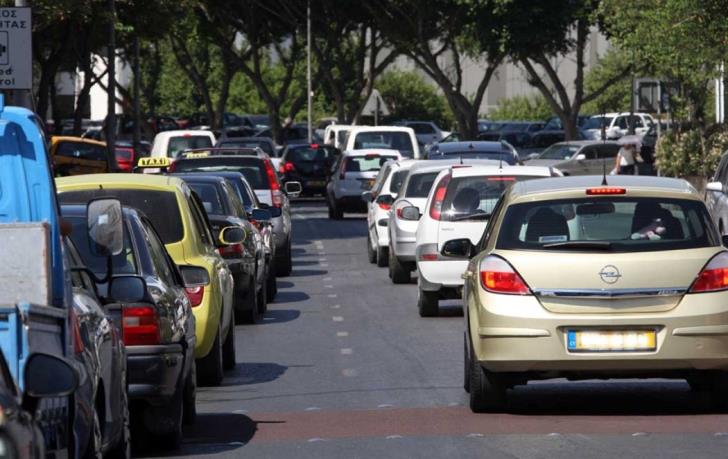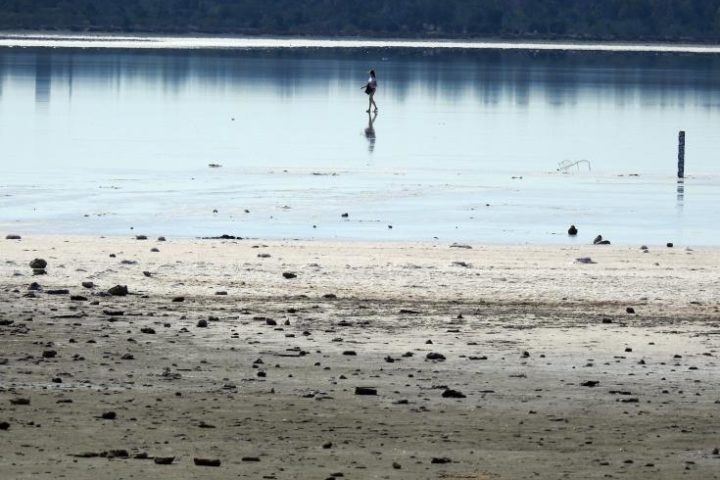Cyprus was warned by the European Commission for not meeting emission reduction commitments and addressing rules on disseminating terrorist content online.
Brussels launched infringement procedures by sending letters of formal notice for not complying with EU law, leading to the Commission taking the case to the Court of Justice.
Reducing emissions
The Commission is calling on Cyprus and another 13 member states (Austria, Bulgaria, Denmark, Hungary, Ireland, Latvia, Lithuania, Luxembourg, Poland, Portugal, Romania, Spain, and Sweden) to respect their reduction commitments for several air pollutants as required by Directive 2016/2284 on the reduction of national emissions.
The NEC Directive sets national emission reduction commitments for several pollutants to be attained by each Member State each year between 2020 and 2029 and more ambitious reductions for 2030 onwards.
EU states must establish national air pollution control programmes (NAPCPs) to show how these reduction commitments will be met.
The Commission analysed the national emission inventories of several pollutants submitted by Member States in 2022 (reflecting emissions from 2020).
Some 14 countries still need to meet their commitments for one or several pollutants targeted by the directive.
These Member States now have two months to respond and address the shortcomings raised by the Commission.
Without a satisfactory response, the Commission may issue a reasoned opinion.
Terrorist content online
The Commission has called on Cyprus and another 21 member states (Austria, Belgium, Bulgaria, Czechia, Denmark, Estonia, Finland, Greece, Ireland, Italy, Latvia, Lithuania, Luxembourg, Malta, Netherlands, Poland, Portugal, Romania, Slovenia, Spain and Sweden to correctly implement the EU Regulation on addressing the dissemination of terrorist content online.
The regulation provides a legal framework to ensure the removal of terrorist content online within one hour after receipt of a removal order issued by a competent national authority.
It obliges companies to take special measures when their platforms are exposed to such content.
It puts in place strong safeguards to guarantee that freedom of expression and information are fully respected.
Following the entry into application of the regulation on 7 June 2022, not all Member States have adopted all the measures outlined in the regulation into their national law.
The Commission considers that these countries still need to fully implement the obligations under the regulation, and they have two months to respond.










